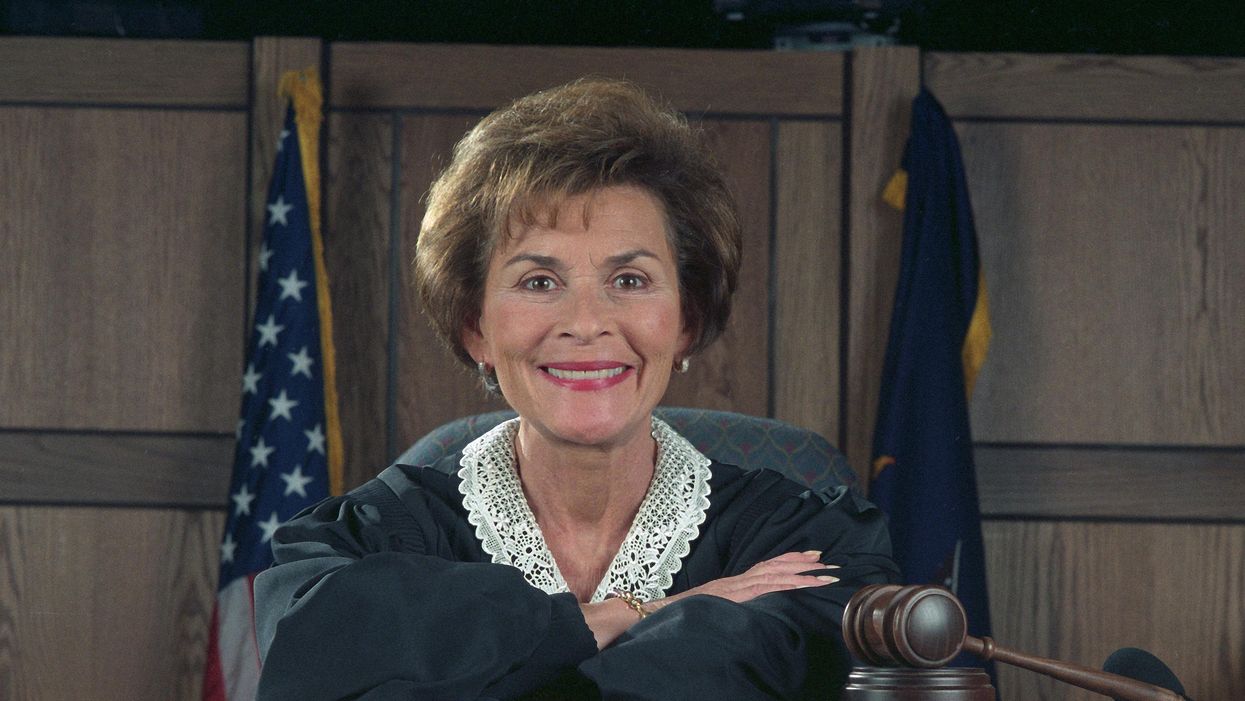Elbaum is a freshman at George Washington University.
Thomas Jefferson famously said that "an educated citizenry is a vital requisite for our survival as a free people." In other words, in order for the United States to survive as a democracy, its people must be informed.
Jefferson would be rolling in his grave if he saw the state of our country today. The people are far from informed, and that is putting our country in grave danger of collapse.
We live in a country where less than one-third of people can name all three branches of the federal government, where 70 percent do not know the Constitution is the supreme law of the land — and where 10 percent of college graduates believe Judge Judy is a justice of the Supreme Court.
If that is not scary enough, the picture is far more concerning among young Americans. Among millennials, 70 percent say they would be "likely" to vote for a socialist candidate, 36 percent approve of communism, only 8 percent can identify slavery as the central cause of the Civil War and a quarter say that "choosing leaders through free elections is unimportant." Young Americans are painfully ignorant of history, too. About a quarter say they view the Holocaust as a myth or had been exaggerated and two-thirds do not know that as many as 6 million Jews were massacred. The bloody history of the Soviet Union is unknown as well; why else would the far-left economic and political systems of the 20th century be making a staggering rebound now?
"Nothing in the world is more dangerous than sincere ignorance and conscientious stupidity," Martin Luther King Jr. said. America is experiencing a pandemic of both right now.
Our deteriorated political discourse is an inevitable byproduct of our ignorance. Radical, revolutionary voices are being elevated over their calmer counterparts. Many in the Democratic Party are now embracing a vision of America that condemns it root-and-branch. They want to end the filibuster and add seats to the Supreme Court. This is a recipe for an implosion of the American ideal. On the right, of course, the continued embrace of President Trump — who has expressed antipathy toward what should be the neutral principle of peaceful transitions of power — is also a reason for concern.
The American experiment has been the greatest and most successful experiment in governance in world history. Now it is at risk of being destroyed by the very people who benefit most from it. In order to restore our country, we must return to first principles. This happens through education.
In suburban Chicago, I was lucky enough to be a part of the first class in my high school for whom a civics course was required. There was absolutely room for improvement but it was a necessary first step taken by my school. Colorado and Idaho have exceptional civics curriculums. The former goes in-depth into American government and the latter emphasizes the importance of this education from a young age.
Their lead should be followed by others across the country. After all, there is a direct relationship between civics education in school and civics knowledge later in life.
If we want to create a more informed populous, we know what must be done. However, only nine states, along with the District of Columbia, require a full year of civics in high school. To ensure that the root ideals of our country are passed onto the next generation, not only more widespread education but also better education is needed.
Our civics classrooms should highlight what makes the United States unique and why we live in a country worth defending. We must be teaching about the value of the separation of powers, checks and balances, an independent judiciary and democracy itself. An abandonment of age-old ideas becomes inevitable when education is not paramount.
It took almost 250 years to make America what she is today. It may only take one generation to see its collapse. The stakes are higher than ever, and it is up to us as to what path we will take.



















Trump & Hegseth gave Mark Kelly a huge 2028 gift